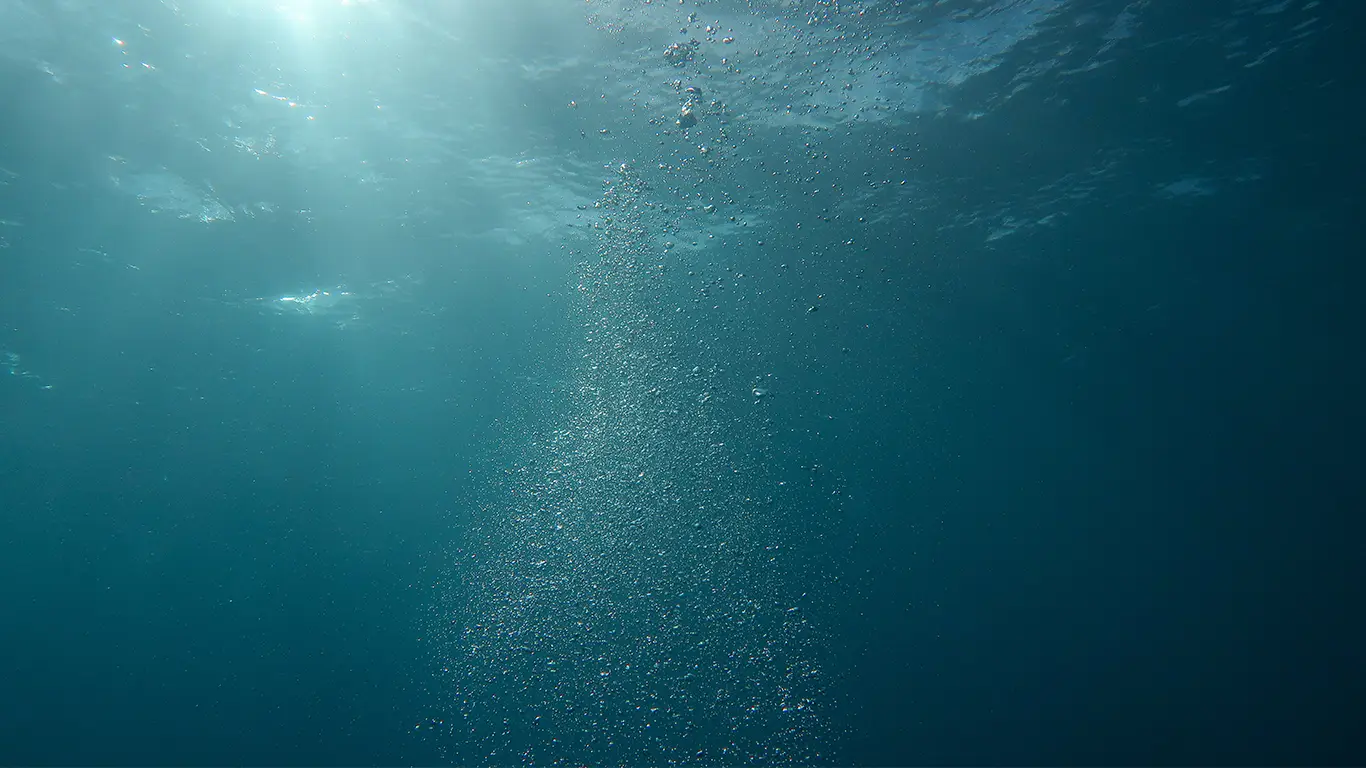By Anna Lexxy Mbucho
Access to clean and reliable water is not merely a convenience; it’s a fundamental human right. In this blog post, we will delve into the ethical and social dimensions of ensuring access to clean water for communities. Through real-world stories, we will witness the transformative impact of Sustainability Pathways’ water management initiatives on individuals and communities, highlighting the profound changes in well-being that access to clean water brings.
The concept of access to clean water as a fundamental human right is rooted in ethics and morality. It underscores the recognition that access to safe drinking water is not a privilege but a necessity for survival. It is a basic requirement for maintaining human dignity and health, a principle upheld by international agreements and conventions. Sustainability Pathways’ commitment to providing clean water to communities stems from this ethical imperative. Our water management initiatives are designed to ensure that communities have access to a reliable supply of clean water, free from contaminants.
We believe that every individual deserves the right to lead a healthy and dignified life, unburdened by the daily struggle for safe drinking water. Real-world stories bear witness to the profound impact of clean water access on communities. In remote villages where water sources were unreliable and often contaminated, the introduction of rainwater harvesting systems has been nothing short of transformative. Communities no longer face the burden of walking long distances to fetch water, and the risk of waterborne diseases has significantly decreased. Women, in particular, have experienced a liberation of sorts. With access to clean water, they no longer spend hours each day collecting water, allowing them to pursue education and income-generating activities.
This newfound empowerment not only improves the lives of women but also strengthens entire communities. Furthermore, access to clean water enhances overall quality of life. It promotes hygiene and sanitation, factors often overlooked but essential for human well-being. Communities with reliable access to clean water are better equipped to thrive and prosper, breaking free from the cycle of poverty and illness that often accompanies water scarcity.
In conclusion, access to clean and reliable water is not a luxury; it is a fundamental human right. The ethical imperative to provide clean water to communities is a cornerstone of Sustainability Pathways’ mission. Real-world stories of transformed lives illustrate the profound impact of clean water access, highlighting the positive changes in well-being that ripple through communities when this fundamental right is realized.

